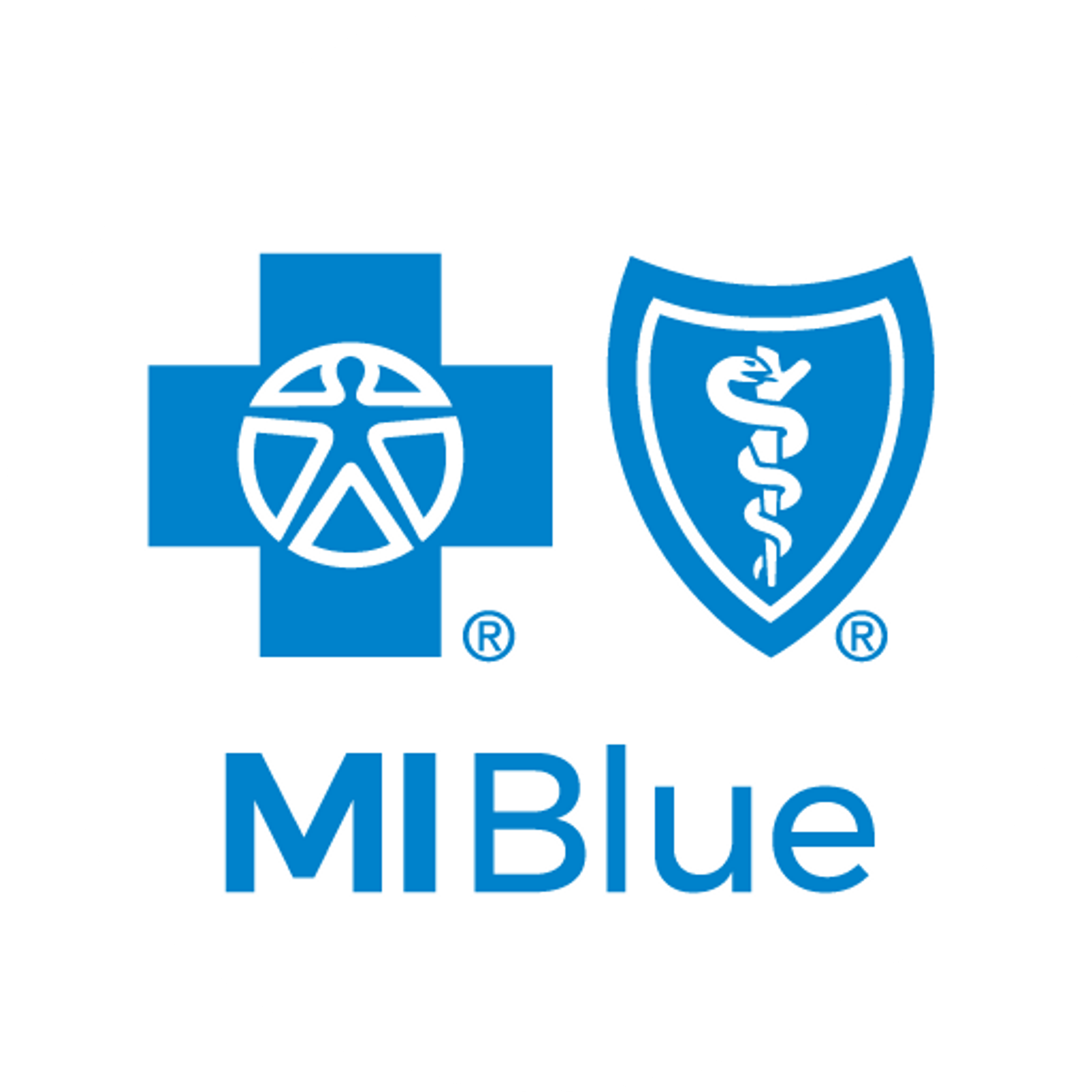When You Should — and Shouldn’t — Go to an Urgent Care Center

Blues Perspectives
| 2 min read

Your eyes aren’t deceiving you: You really are seeing urgent care centers popping up everywhere. They are growing at a 7% per year rate, according to the Urgent Care Association.
With close to 11,000 urgent care centers open across the country, chances are there’s at least one near where you live. And that probably makes you wonder: When would you need to go to one?
What is an urgent care center?
An urgent care center is designed to handle health problems that need immediate attention but aren’t life-threatening or emergencies, like stitches, sprains and x-rays. They are staffed by medical doctors who are able to treat more serious issues. Urgent care centers are different from in-store retail clinics (like the ones you may find at Walgreens or CVS), which are usually staffed by physicians assistants or nurse practitioners and focus on providing convenient, routine care like flu shots or treatments for minor issues like an ear infection.
When should I visit an urgent care center?
When at all possible, the best first step when seeking non-emergency care is to speak with your primary care physician (PCP). Your regular doctor knows you and your medical history, whereas you are meeting a doctor at an urgent care center for the first time. Because of that, your primary doctor will be able to figure out which symptoms are uncharacteristic for you and help answer medical questions while taking into account any past issues. If you need immediate attention for a non-life-threatening issue and cannot see your primary care physician — maybe it’s the middle of the night or you’re on vacation — here is a list of common health problems that urgent care centers can help with:
- Animal bites
- Stitches
- X-rays
- Back pain
- Mild asthma
- Minor headaches
- Sprains, strains
- Nausea, vomiting, diarrhea
- Bumps, cuts, scrapes
- Burning with urination
- Cough, sore throat
- Ear or sinus pain
- Eye swelling, irritation, redness or pain
- Minor allergic reaction
- Minor fever, colds
- Rash, minor bumps
- Vaccination
Want to learn more about care tips and benefits? You may like these posts from this blog as well as A Healthier Michigan:
- Benefits 101: A Guide To Getting Medical Care
- What Does My Health Plan Cover?
- Smart ER: Where and When to Go?
Photo credit: Getty Images





